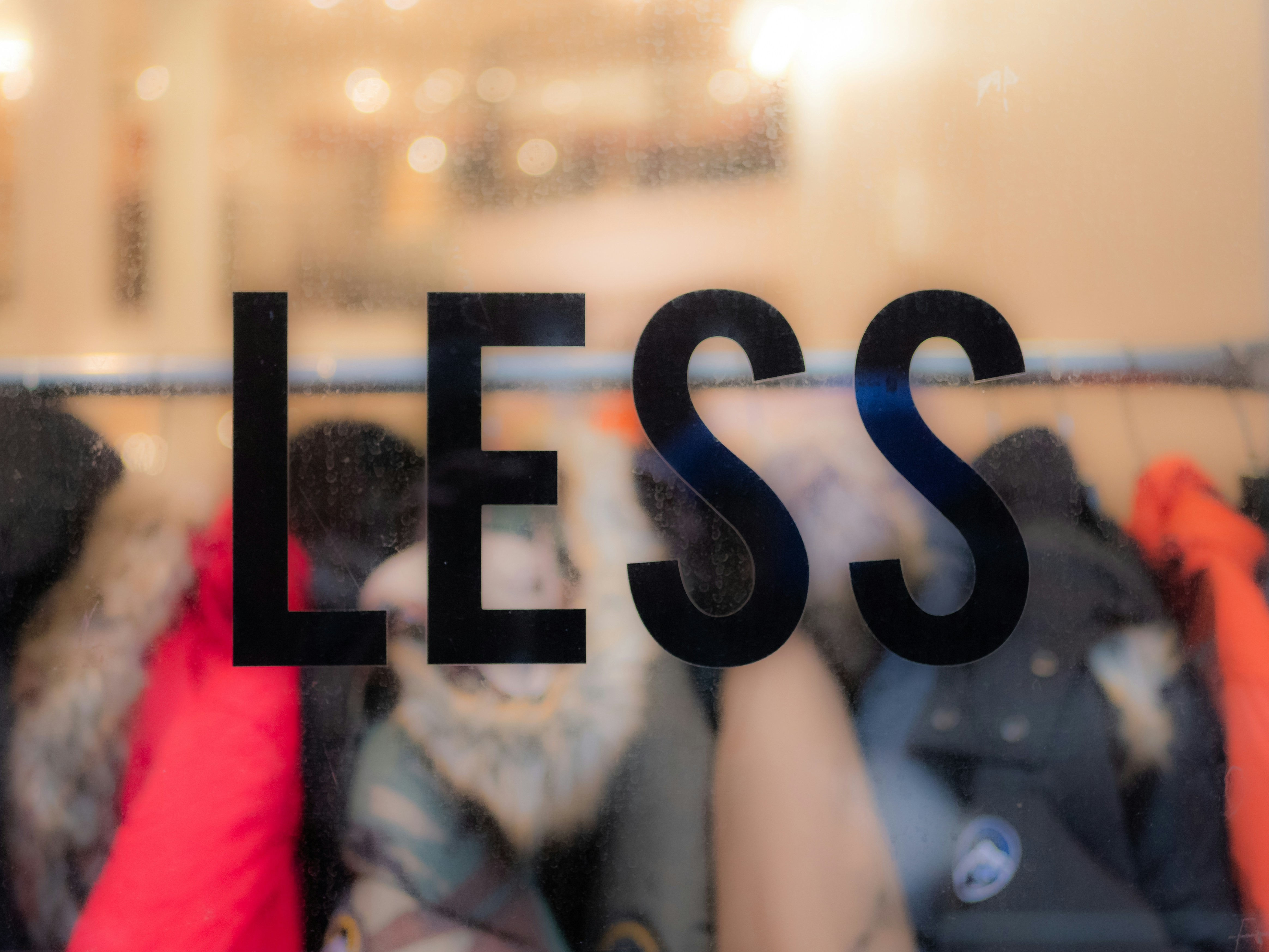The Emergence of Slow Living: A Societal Shift Towards Mindfulness
In a world that's constantly rushing, a new trend is emerging that encourages us to slow down and savor life's simple pleasures. This is the concept of slow living, a lifestyle that promotes mindfulness, simplicity, and a focus on quality over quantity. Read below to delve deeper into this fascinating societal shift.

The Origins of Slow Living
The slow living movement has its roots in the Slow Food movement that started in Italy in the 1980s as a reaction against fast food and the fast-paced lifestyle it represented. The Slow Food movement emphasized the importance of taking time to enjoy food, from its preparation to its consumption. This philosophy soon expanded to other aspects of life, giving birth to the concept of slow living.
Slow living is not about doing everything at a snail’s pace. Instead, it’s about making conscious choices to do things more deliberately and thoughtfully, whether it’s eating, working, or spending time with loved ones. It’s a reaction against the relentless pace of modern life, which often leaves us feeling stressed and disconnected.
Slow Living in Today’s Society
Today, the slow living movement is gaining momentum, with more and more people seeking to escape the pressures of a fast-paced lifestyle. This trend is evident in the growing popularity of practices like mindfulness, yoga, and meditation, all of which encourage a slower, more mindful approach to life.
The rise of slow living is also reflected in our changing attitudes towards work. More people are now prioritizing work-life balance over career advancement, choosing jobs that allow them to have more time for personal pursuits and family. This shift is particularly noticeable among millennials, who value experiences and personal fulfillment over material success.
The Impact of Slow Living
The slow living movement has significant implications for society. On a personal level, it can lead to improved mental health, as it encourages us to take time for self-care and to cultivate meaningful relationships. It can also lead to greater satisfaction with life, as we learn to appreciate the simple pleasures that we often overlook in our rush to get things done.
On a societal level, slow living can lead to more sustainable consumption patterns, as it encourages us to value quality over quantity. This can have positive environmental impacts, as we reduce waste and consume less.
The Future of Slow Living
As we move forward, the slow living movement is likely to continue shaping our society in profound ways. As more people embrace this lifestyle, we may see a shift towards a more mindful, sustainable, and balanced way of life. This could lead to significant changes in various sectors, from food and fashion to travel and technology.
In conclusion, slow living is more than just a trend—it’s a societal shift that reflects our growing desire for a more meaningful and sustainable way of life. As we continue to navigate the complexities of modern life, the principles of slow living can serve as a guide, helping us to live more mindfully and to appreciate the simple joys of life.





